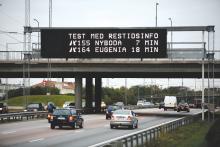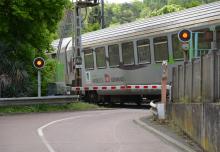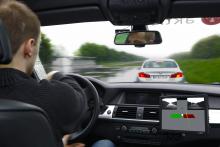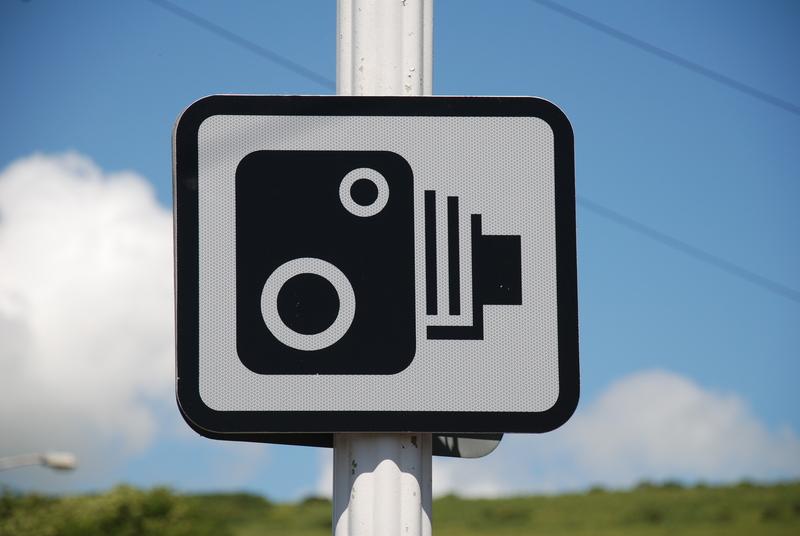Road transport organisation the IRU, the International Union of Railways (UIC) and Operation Lifesaver Estonia (OLE) have joined forces to raise awareness about level crossing safety amongst transport professionals.
Their recently-published Level Crossing Safety aims to raise awareness of professional drivers of how to avoid risks potentially leading to a collision and reduce related accidents at this key interface between road and rail infrastructure.
The United Nations Economic Commission for Europe
Road transport organisation the IRU, the International Union of Railways (UIC) and Operation Lifesaver Estonia (OLE) have joined forces to raise awareness about level crossing safety amongst transport professionals.
Their recently-published Level Crossing Safety aims to raise awareness of professional drivers of how to avoid risks potentially leading to a collision and reduce related accidents at this key interface between road and rail infrastructure.
The United Nations Economic Commission for Europe (UNECE) 1968 Convention on Road Traffic and the Highway Code, states that “trains have priority, whilst road users and pedestrians must comply with road signs and signals in order to cross safely and consequently prevent any collision arising from misuse or inappropriate behaviour and potentially endangering train passengers, crew and other users.”
Global freight and passenger traffic, both road and rail, have increased markedly in recent decades, increasing the risks of collisions at level crossings and, in addition to raising driver awareness, the three organisations hope to enhance knowledge and safety in their design and use.
Their recently-published Level Crossing Safety aims to raise awareness of professional drivers of how to avoid risks potentially leading to a collision and reduce related accidents at this key interface between road and rail infrastructure.
The United Nations Economic Commission for Europe (UNECE) 1968 Convention on Road Traffic and the Highway Code, states that “trains have priority, whilst road users and pedestrians must comply with road signs and signals in order to cross safely and consequently prevent any collision arising from misuse or inappropriate behaviour and potentially endangering train passengers, crew and other users.”
Global freight and passenger traffic, both road and rail, have increased markedly in recent decades, increasing the risks of collisions at level crossings and, in addition to raising driver awareness, the three organisations hope to enhance knowledge and safety in their design and use.










